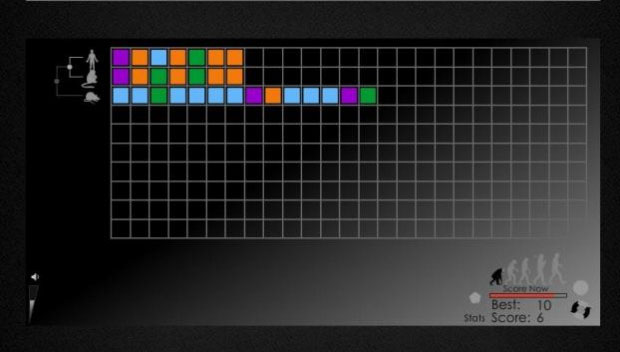Genetic research through video games
According to Top News , a video game called Phylo has been helping the genetic research, especially understanding the role of DNA in diabetes, alzheimer's and cancer.
The above web-based video game is the result of a research effort by Mr. Jerome Waldispuhl of McGill Computer Science School and his colleagues.
Phylo is designed to allow gamers to contribute to scientific research by arranging multiple color sequence sequences that represent human DNA.

Mr. Waldispuhl and his students came up with this idea to solve the problem of DNA binding because it is a task that computers can hardly do well.
'There are some calculations that the human brain performs more efficiently than any other computer. Identify and classify visual models in that category, ' explains Waldispuhl.
'Computers perform best in handling large amounts of messy data, but when high accuracy is needed, people play a key role. In this case, the genes that we are analyzing have been linked earlier by computer, but there are some parts that are wrongly linked , 'he added.
By looking at the similarities and differences between DNA sequences, scientists can gain new insights into many different genetic diseases.
In the past year, 17,000 people registered to use Phylo just to play for fun or to help decipher a specific genetic disease.
"A lot of people say they like to play a game that can help find the origin of a specific disease, such as epilepsy ," said Waldispuhl.
So far, Phylo has been working very well. Since the game was launched in November 2010, researchers have received more than 350,000 solutions for link chain problems.
- Research shows that video games are very useful for surgeons
- The brain is destroyed by this popular video game
- Violent games increase the risk of crime
- Most good video games for kids
- Video games can support cancer treatment.
- Why do video games cause
- Video games support the treatment of children with chronic pain
- Action video games can increase vision by 20%
- Ralph Bear - the father of video games
- Video game - Spiritual therapy cheap?
- Girls outperform boys when programming games
- Research: The 'gamblers' always yield results when they win
 Green tea cleans teeth better than mouthwash?
Green tea cleans teeth better than mouthwash? Death kiss: This is why you should not let anyone kiss your baby's lips
Death kiss: This is why you should not let anyone kiss your baby's lips What is salmonellosis?
What is salmonellosis? Caution should be exercised when using aloe vera through eating and drinking
Caution should be exercised when using aloe vera through eating and drinking